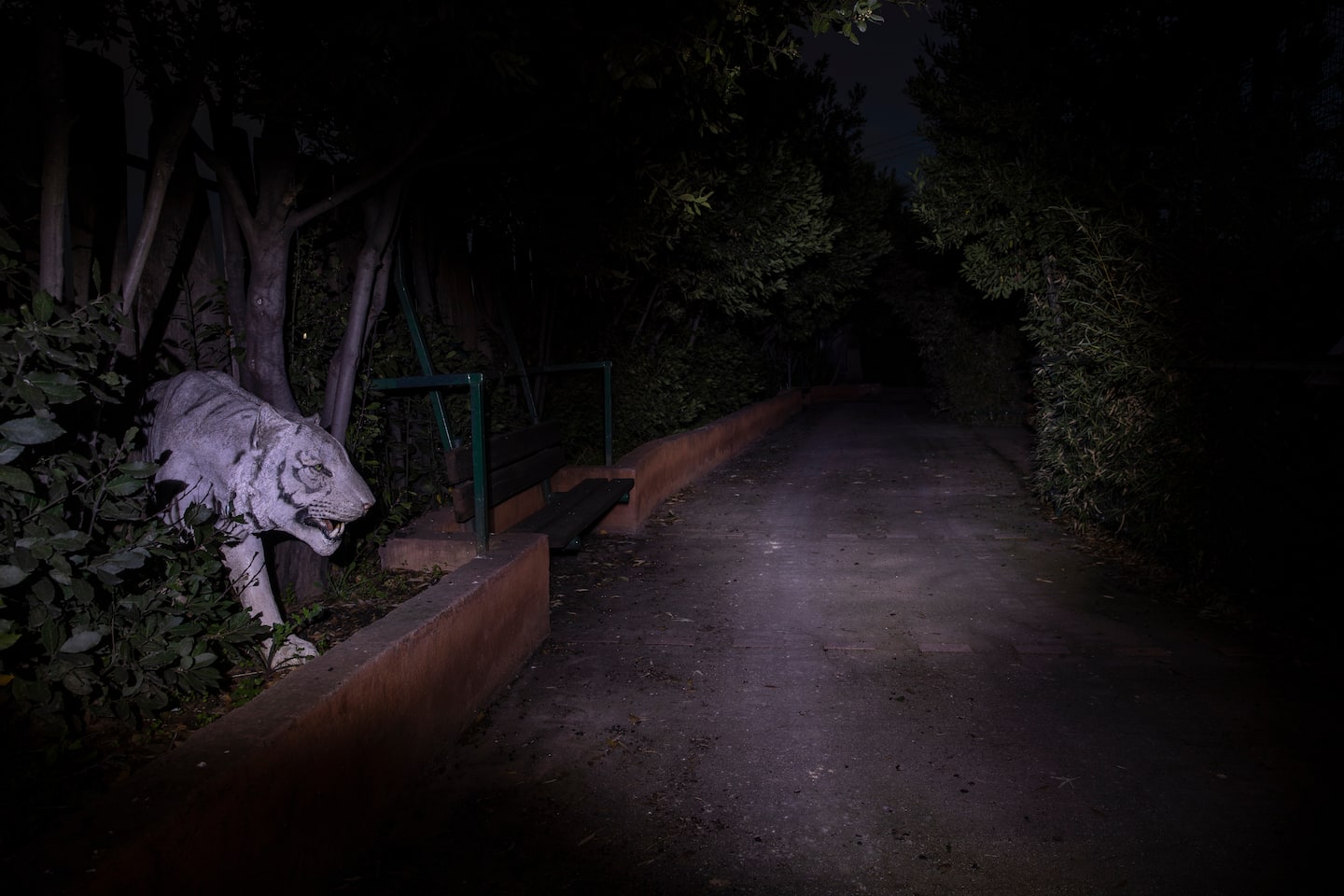Two tiger cubs likely died of covid-19, reports Pakistani zoo

“After their death, the zoo administration conducted tests of all officials, and six were tested positive, including one official who handled the cubs,” the zoo’s deputy director, Kiran Saleem, told Reuters, adding that the cubs themselves were not specifically posthumously given PCR tests. “It strengthens the findings of the autopsy. The cubs probably caught the virus from the person handling and feeding them.”
Other big cats in captivity around the world have tested positive since the virus that causes covid-19 was first detected in China more than a year ago. The virus — which scientists think jumped from bats to humans, probably with other animal hosts along the way — has now been reported in a range of mammals, sparking concern about how far containment efforts must reach to stop the virus′s spread and chances for mutation.
In recent months, Denmark has killed more than 15 million minks following repeated reports of the coronavirus spreading between the mammals and workers at farms, where the animals are raised for their fur. Last summer, scientists in Colorado gave an experimental coronavirus vaccine to about 120 black-footed ferrets — one of North America’s most endangered mammals and a close relative of the mink — out of fear of the virus spreading among the fragile species.
“For highly contagious respiratory viruses, it’s really important to be mindful of the animal reservoir,” Corey Casper, a vaccinologist and chief executive of the Infectious Disease Research Institute in Seattle, told Colorado Public Radio news in December. “If the virus returns to the animal host and mutates, or changes, in such a way that it could be reintroduced to humans, then the humans would no longer have that immunity. That makes me very concerned.”
Zoos have additionally sparked major concerns because of the distancing issues posed by keeping animals in closed quarters and in frequent contact with their handlers. Animals in captivity are considered at greater risk for increased health issues because they are removed from their natural environments.
Pakistan’s zoos are particularly notorious for cases of unfit conditions for animals and have been a frequent target of animal rights campaigns. Last year, a judge ordered a zoo in the city of Islamabad to close, calling it a “dungeon for animals.”
In recent years the Lahore Zoo has also had cases of chimpanzees, Bengal tigers, and black bears dying from diseases, while other animals there have reportedly shown signs of severe psychological illness, The Washington Post previously reported.
“The last two white tiger cubs have died at Lahore zoo and once again the negligence of the management and authorities has come out,” Zufishan Anushay, founder of JFK (Justice for Kiki) Animal Rescue And Shelter, told Reuters. “White tigers are extremely rare and need a specific habitat and environment to live a healthy life. By caging them in unhygienic conditions with no medical arrangements, we will keep witnessing these incidents.”






